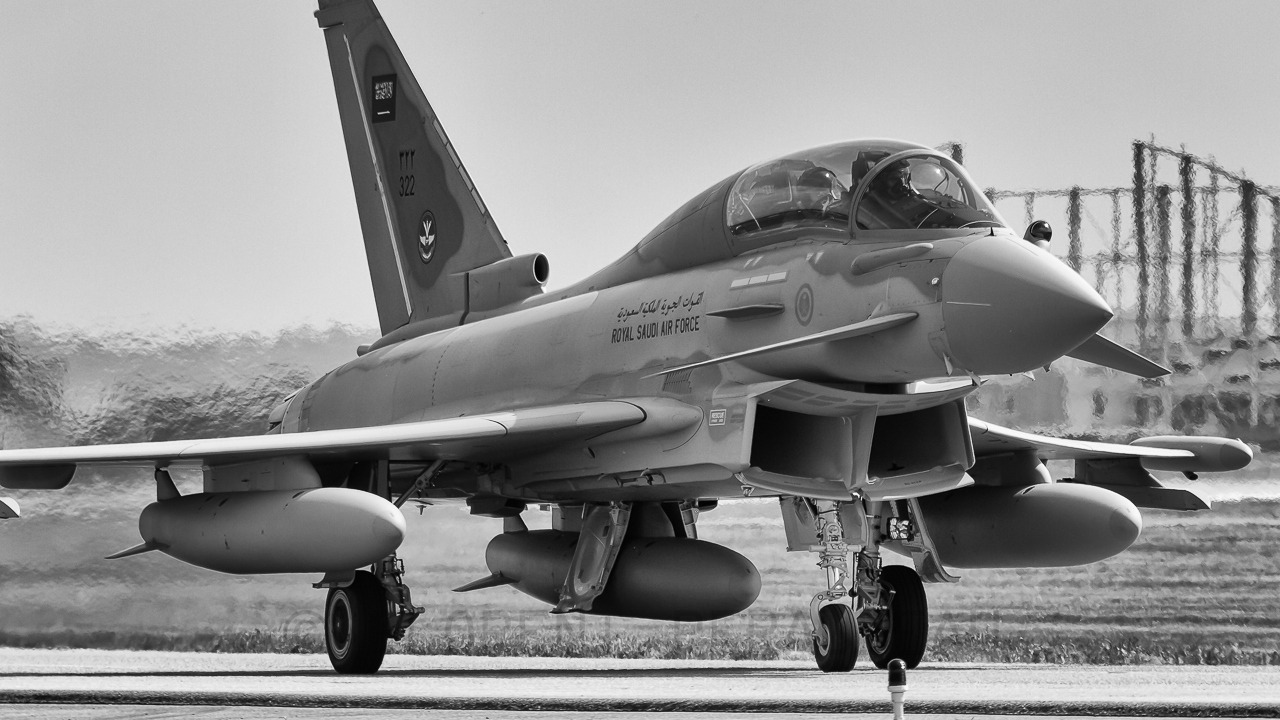
The death toll in Yemen is estimated to have passed 10,000. Some 3 million people have been displaced. The blockade of Yemeni ports has caused dire hardship. More than a quarter of the population is on the brink of famine.
Shia Houthi rebels, backed by military units loyal to former President Ali Abdullah Saleh, seized Sana’a, the Yemeni capital, with much of the country in 2014. They ousted deeply unpopular President Abd Rabbu Mansour Hadi in January 2015. Two months later Saudi Arabia and its Arab Gulf allies launched a military campaign to reinstate Mr Hadi, who has international recognition.
The Saudi-led air and ground campaign has evicted Houthi rebels from the southern port city of Aden, but has left the region in chaos, allowing Islamist extremism to spread. The bombing campaign has dented the strength of Houthis, but neither side has been able to gain the upper-hand in the conflict. The government controls most of the south and swaths of the east, Houthis control Sana’a and much of the country’s north and west.
Saudi Arabia is locked in proxy battles for regional influence with Shia-dominated Iran, which holds sway through its proxies in Lebanon, Syria and Iraq. The kingdom considers Houthi rebels to be the proxy force for Iran, akin to the Lebanese group Hezbollah. The purpose of starting a military campaign in Yemen was to send Tehran a message that Riyadh would resist the Islamic Republic’s regional expansionary plans.
The US has offered Saudi Arabia intelligence and logistical support as well as air-to-air refuelling and precision weaponry. The Obama administration decided to support the Saudi war effort to allay the kingdom’s concerns over a nuclear deal reached between the world powers and Iran last year. Washington, however, has become increasingly critical of Saudi Arabia’s military actions, because of a sharp increase in civilian deaths.
Saudi air strikes have hit schools, medical facilities supported by Doctors Without Borders, religious sites and marketplaces. Roads and houses have been bombed to rubble. On October 8th, two missiles hit a packed funeral hall in Sana’s, killing more than 140 mourners, including civilians and rebel commanders loyal to Mr Saleh. Saudi Arabia said that its investigation concluded that an air raid had been caused by wrong information and improper procedures. Riyadh, however, is unwilling to alter its military operation, because it is determined to check Iran’s regional ambitions.
Houthis have stepped up their military operations. On two occasions, they fired missiles at the Mason, an American destroyer, in the Bab al-Mandeb strait, one of the world’s busiest shipping routes, but they missed the target. The US retaliated on October 12th, destroying three radar installations in rebel-held territory. That marked the first direct US engagement in the conflict in Yemen.
photo: Flox Papa / CC BY-NC-ND 2.0